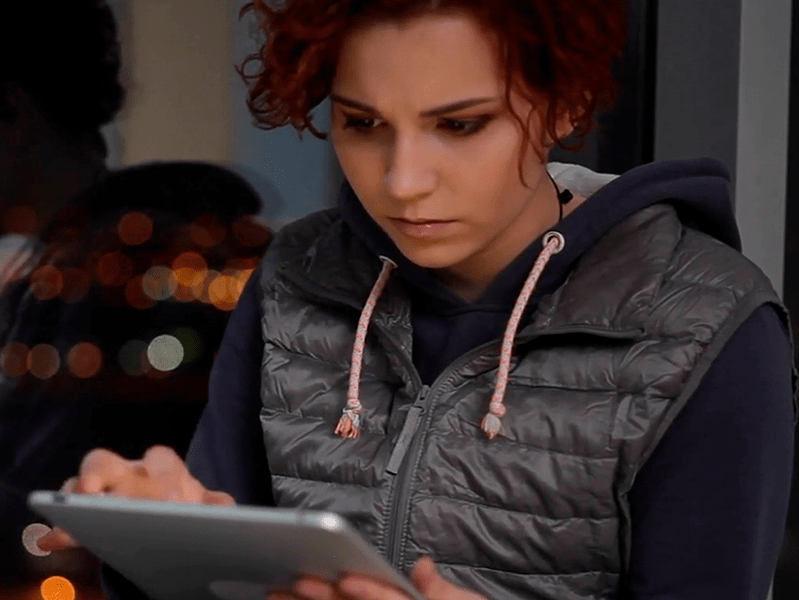4 min read
What is Misinformation?
Misinformation is the deliberate development of stories and events which are not factually correct to further an ideology, sow confusion or delegitimise an individual or cause. Some information may be based on something that was true but has since been exaggerated and changed so that it no longer accurately represents the truth.
Misinformation is nothing new. Newspapers have been accused of printing fake news stories since they began. But now misinformation can reach a global audience within seconds via social media platforms.
What You Can Do
With an abundance of misinformation, fake news, and non-factual reporting, it can be challenging to decipher what is factual information and what is not. Below, we have developed key advice for you and the children and young people in your care.
Before sharing or believing anything online, it’s always worth following these guidelines:
Read past the headline, think about what the story tells you, and pay attention to dramatic language.
It’s important to encourage young people to discuss the news with you so that you can figure it out together. Visit our Teach Hub and Home Learning Hub for learning resources about fake news and misinformation.
Join our Online Safety Hub Newsletter Network
Members of our network receive weekly updates on the trends, risks and threats to children and young people online.










